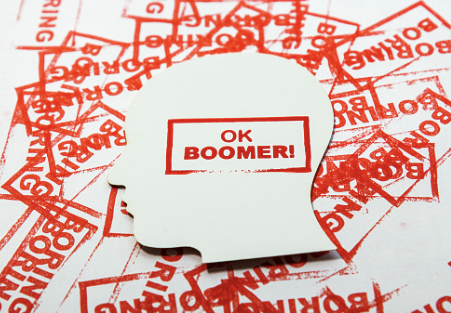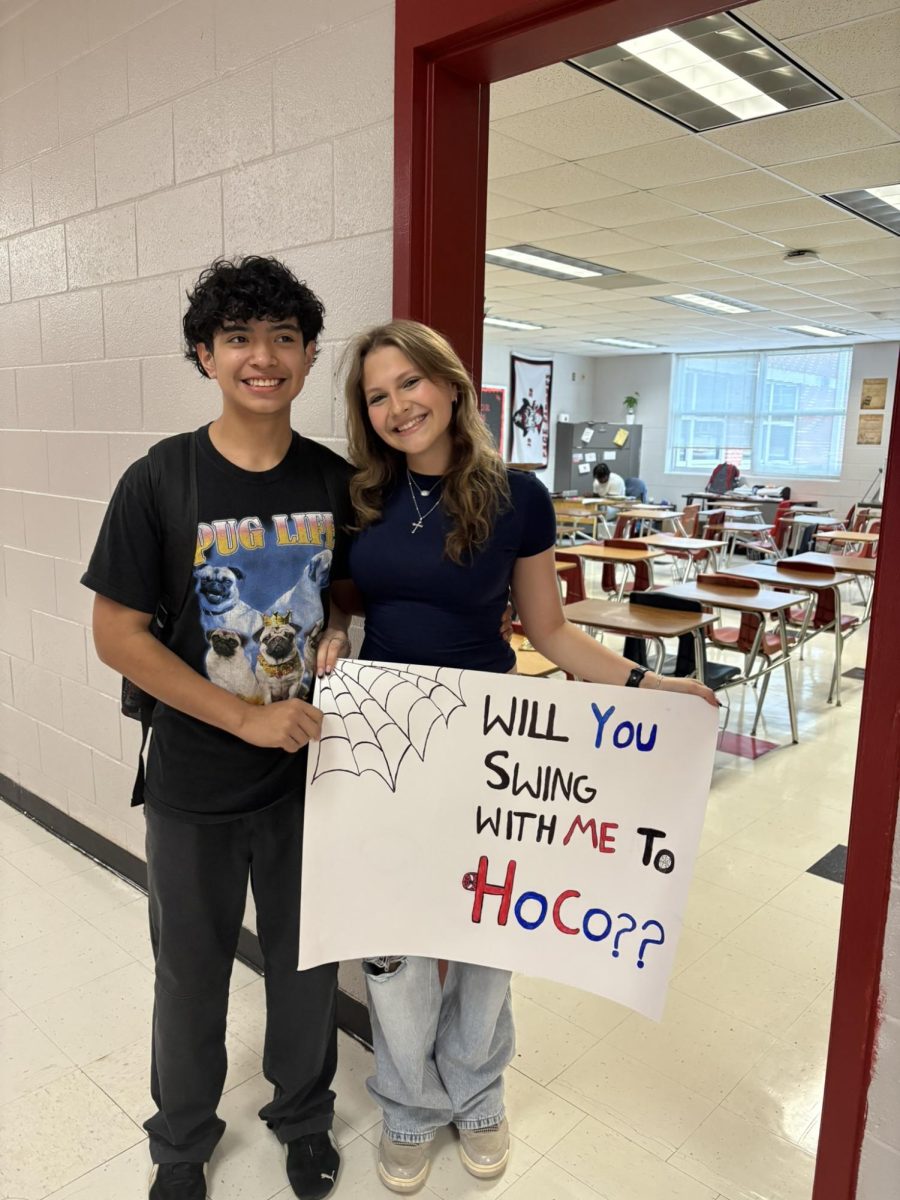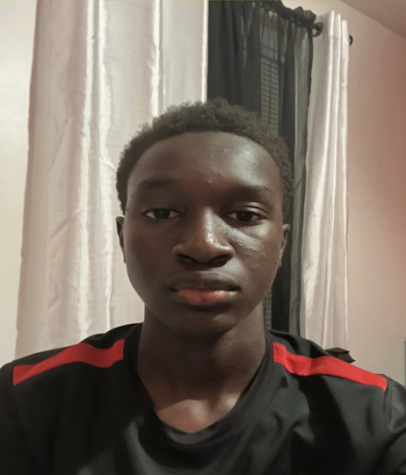
Stereotyping comes in multiple forms and situations with varying responses in groups of people and organizations. But during my brief excursion throughout Page high school, I conducted a continuous search as to what people think of a particular version of age stereotyping. I interviewed two close friends of mine to get their input and perception on age stereotyping.
Mohamed Mane and Juan Aviera, both of whom are sophomores and have two drastically different lives, convey their thoughts on age stereotyping. Some of the questions asked throughout the interview included how they felt about age stereotyping, how does social media affect its perception, the seriousness of age stereotyping, and the effect meme culture has had on age stereotyping. Mohamed Mane states, “Honestly, age stereotyping shouldn’t be that big of a deal. Age in some cases shouldn’t be the main factor to a certain conclusive analysis,” whilst Juan Aviera states, “Age stereotyping can be pretty incorrect in judging or viewing a person from first glance.” Both of their responses to the first question as gen z born students and people coincide with the idea of false judgement in correlation with a person’s age.
Developing on this idea in the next few responses to these questions, they view social media as a big contributor on how age stereotyping is viewed upon but also dealt with. With apps such as TikTok, it further distances the true seriousness of age stereotyping and may lead to prejudice or disgust in some cases. Mohamed Mane and Juan Aviera coincide with the ideas of memes facilitating this comedic outlook on age stereotyping with trends stereotyping “common” characteristics of millennials, boomers and Gen z, mainly through the attacking of physical but also mental boundaries of these generations.
The last half of questions in this interview compromise how and why age stereotyping has affected them, but also how it correlates with the atmosphere right here in Page high school. This is what Mohamed had to say: “In Page, I did experience some sort of stereotyping of being a sophomore by upperclassmen, but usually through a joking and non-harmful manner.’’ Juan also states, ‘’Personally the atmosphere here at Page goes both ways when it comes to age stereotyping- we make fun of upperclassmen and they make fun of us, which makes it almost a platonic bond despite never meeting each other.” These responses from Mohamed Mane and Juan Aviera scratches the surface of age stereotyping on modern society and the effects caused by social media but also how one’s environment can heavily impact that perception.










